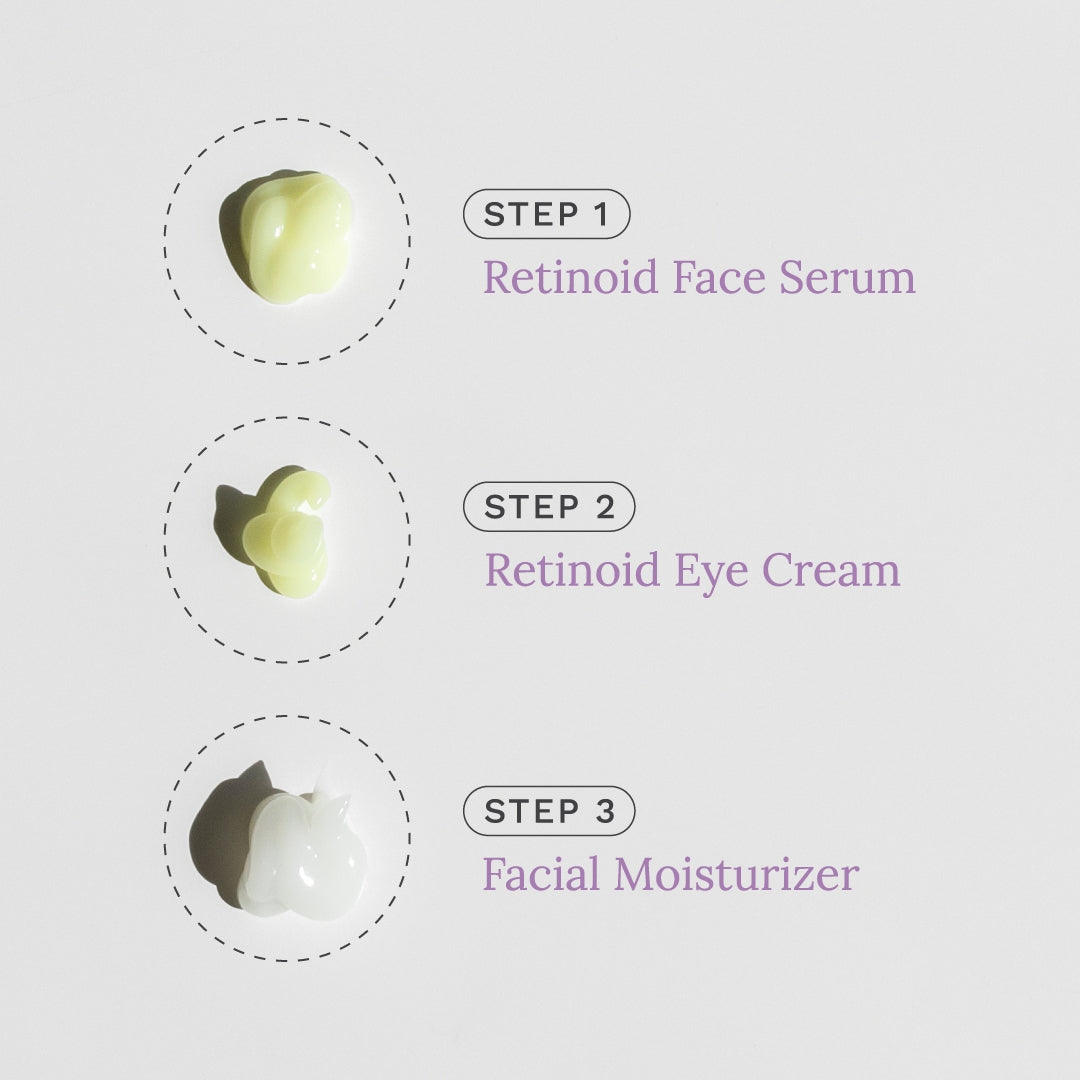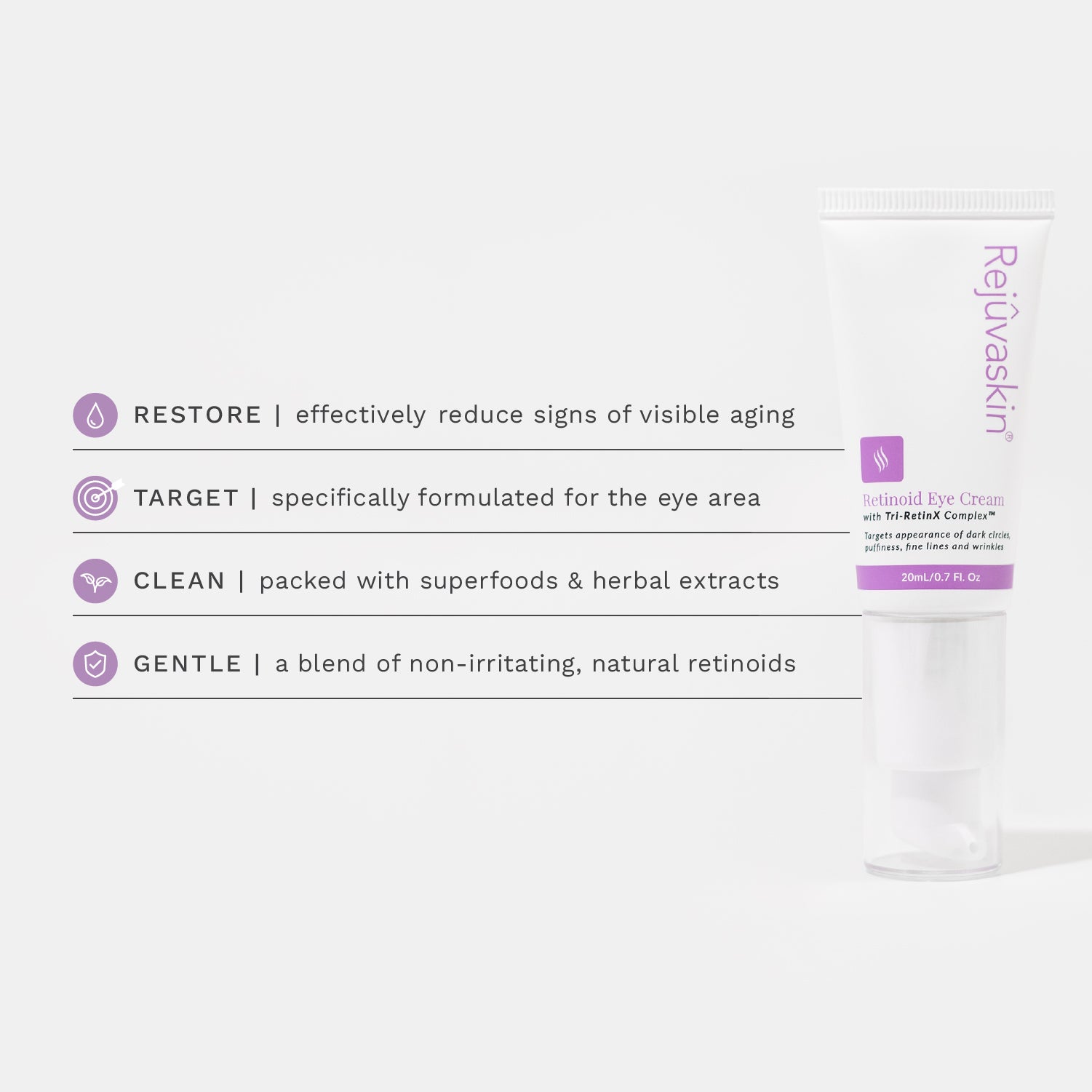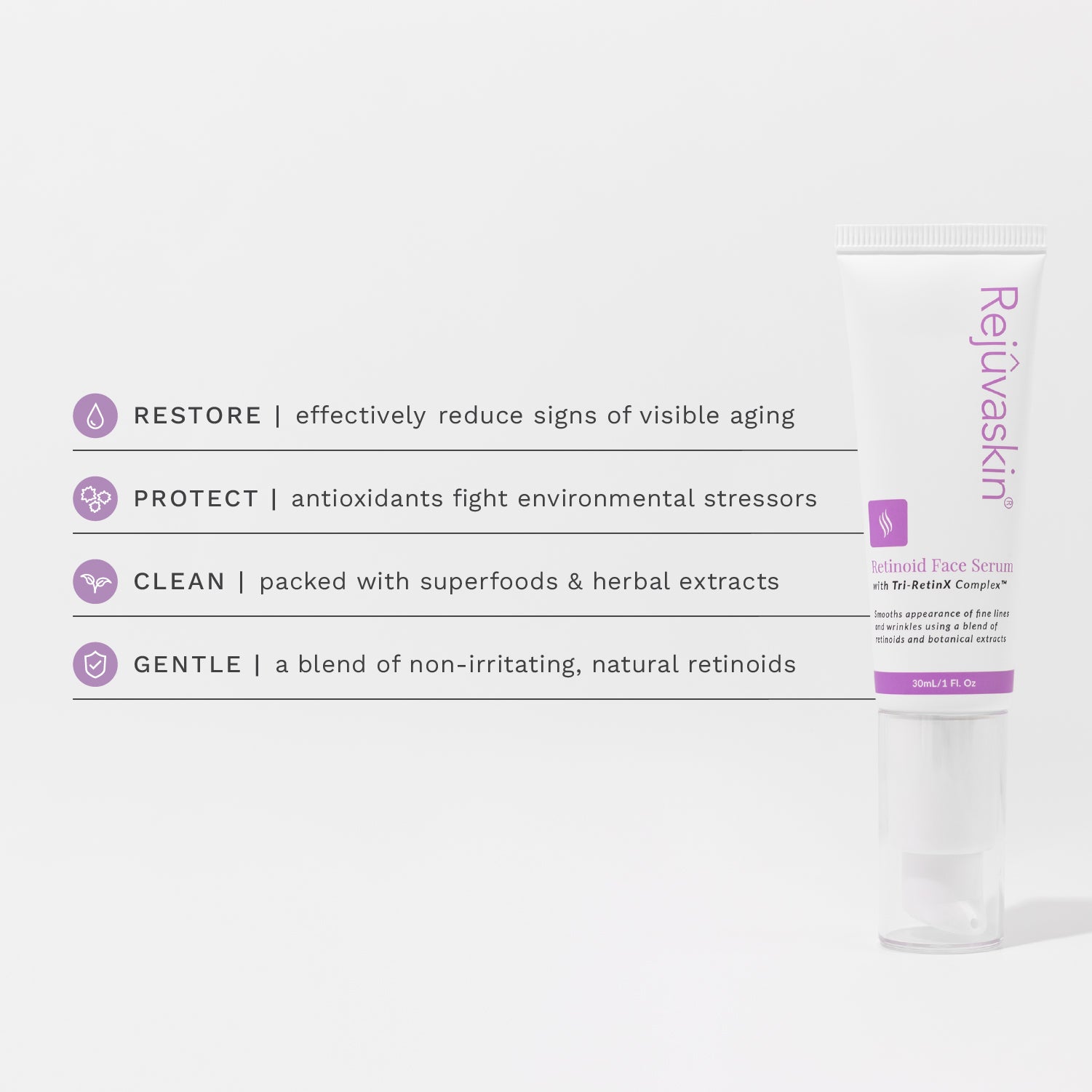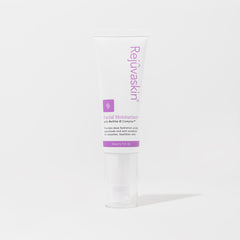Summer will be here before we know it, and May is Skin Cancer Awareness Month! Do you have darker skin? If so, you may think that you don’t need to use sunscreen every day. In this post, we’ll bust that myth and ask: does skin color affect skin cancer? We’ll also take a look at how to spot skin cancer in dark skin types and discuss the early signs of skin cancer on darker skin.
How Often Do People With Dark Skin Get Skin Cancer?
A common myth is that people of color are less affected by the sun because of their darker skin, and therefore don’t need to wear sunscreen (or at least wear less sunscreen). But a myth is all it is. While the rates may be a bit lower, people of color can easily develop skin cancer all the same, and should therefore take similar precautions. Furthermore, most skin cancer cases that are diagnosed in those with darker skin are in shaded areas, like the bottom of the feet, the palms of the hands, inside the mouth, and other areas that don’t see sunlight frequently. This being said, let’s dig a little deeper into this topic.
Does Skin Color Affect Skin Cancer?
While darker skin is generally more protected, naturally, from the sun’s rays, the skin cells are not immune to the negative effects of UV radiation. The larger amount of melanin in dark skin helps to absorb the sun’s rays and redirect them from the actual skin cells. However, in intense, bright sun, the potential for burning and sun damage is still a real threat. It’s also important to note that it can be more difficult to spot developing types of skin cancer on darker skin, making professional skin checks all that more important.
Can You Spot Skin Cancer On Dark Skin?
Next, we’ll discuss how to spot skin cancer. As mentioned above, it may be a little bit more difficult to spot skin cancers in darker skin types than in fairer skin types. However, with a little bit of training, combined with the fact that you know your body best, you’ll be able to spot anything abnormal. When checking your skin monthly, look for the following early signs of skin cancer on darker skin:
- A new or larger “mole” with asymmetric borders
- A new or larger “mole” that appears lumpy
- Scaly patches of skin that are discolored
- Bleeding sores that do not heal or heal and come back
- Small blood vessels are visible on the “mole”
How Can Skin Cancer Be Prevented?
We’ve already looked at how to spot skin cancer and the early signs of skin cancer on darker skin, so let’s take a brief look at how you can protect your skin from skin cancer in the first place.
Wear Sunscreen
Sunscreen really is your best line of defense against skin cancer. But which type of sunscreen. Unfortunately, some physical sunscreens just don’t work well visually with your darker skin, leaving a noticeable whitecast, causing some to choose a colorless chemical sunscreen.
However, most dermatologists recommend a physical sunscreen over a chemical one for better protection from all of the sun’s UV rays. That’s why we recommend looking for a pigmented physical sunscreen or an easily absorbed sunscreen that doesn’t leave an undesired whitecast on your skin. (As we’ve said before, however: whichever you choose, any sunscreen is better than no sunscreen.)
Other Tips
Other things you can do include wearing skin-covering clothing, wide-brimmed hats, and sunglasses. You can also seek out shade where possible, avoiding actually standing in the sun. Remember to reapply sunscreen every two hours (or sooner when in direct sun). You may also want to schedule a yearly visit with a dermatologist who specializes in skin cancer in people with darker skin.
Unfortunately, skin cancer can affect anyone. That’s why for this Skin Cancer Awareness Month, we want to make sure we’re all equipped with the knowledge to protect ourselves from this condition and its harmful effects.

























Leave a comment